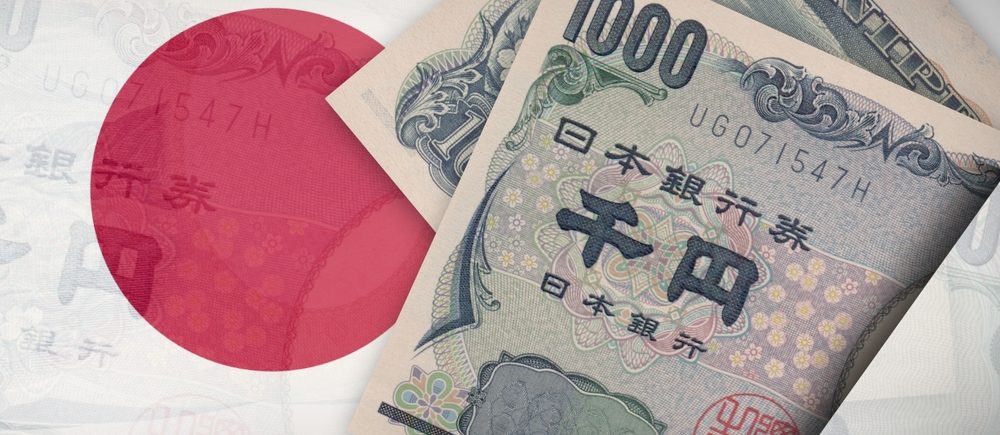Japanese Finance Minister Shunichi Suzuki reiterated on Friday that recent declines in the yen were driven by “speculative” moves, signaling that authorities remained ready to intervene in the market to counter any excessive drops in the currency.
Suzuki emphasized that authorities were closely monitoring the pace of the yen’s movements rather than focusing solely on its levels. He echoed Tokyo’s recent warnings that authorities would not hesitate to take action in response to disorderly currency fluctuations.
As the Bank of Japan’s policy rate remains near zero, analysts suggest that expectations of a persistent gap between U.S. and Japanese interest rates are providing traders with justification to continue selling the yen.
“Given how the yen’s declines are continuing despite the interest rate gap narrowing, albeit modestly, suggest that there are speculative moves in the market,” Suzuki told parliament.
“It’s important for currency rates to move stably, reflecting fundamentals. Excessive volatility is undesirable, and we are watching market moves from this perspective,” he said.
The yen has been trending downwards since the Bank of Japan’s decision last week to end eight years of negative interest rates and scale back its radical stimulus measures.
This week, the Japanese currency reached a 34-year low against the dollar at 151.975 as markets interpreted the BOJ’s dovish guidance to mean that rate hikes would be gradual in the future. However, it has since recovered slightly to 151.35 as of Friday.
While a weaker yen historically benefits Japan’s major manufacturers by boosting profits, the sharp declines in the currency have presented challenges for Tokyo. These challenges include increased costs of raw material imports, which have negatively impacted consumption and retail profits.
 Noor Trends News, Technical Analysis, Educational Tools and Recommendations
Noor Trends News, Technical Analysis, Educational Tools and Recommendations





